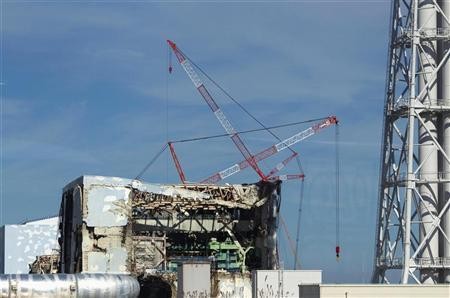Radiation leaked after Japan's Fukushima nuclear disaster in 2011 is unlikely to make the general public and the majority of workers sick, a United Nations scientific committee yesterday said previewing a new report. “Radiation exposure following the nuclear accident at Fukushima-Daiichi did not cause any immediate health effects,” the UN Scientific Committee on the Effect of Atomic Radiation (UNSCEAR) today said in a news release.
 |
| Photo: Reuters.com |
That draft report was scrutinized by 27 countries on the Scientific Committee during its 60th session which started on 27 May, and is now being revised and finalized for presentation to the UN General Assembly.
The actions taken to protect the public, such as evacuations and sheltering, significantly reduced the radiation exposures that would have otherwise been received, concluded the Committee. The committee added that no radiation-related deaths or acute effects have been observed among the nearly 25,000 workers at the accident site, nor it is likely that excess cases of thyroid cancer due to radiation exposure would be detectable. A 9.0-magnitude earthquake created a tsunami that in addition to killing 20,000 people, slammed into the Fukushima Daiichi nuclear power station, disabling cooling systems and leading to fuel meltdowns in three of the six units. The incident was reported to be the worst nuclear accident since the 1986 Chernobyl disaster.